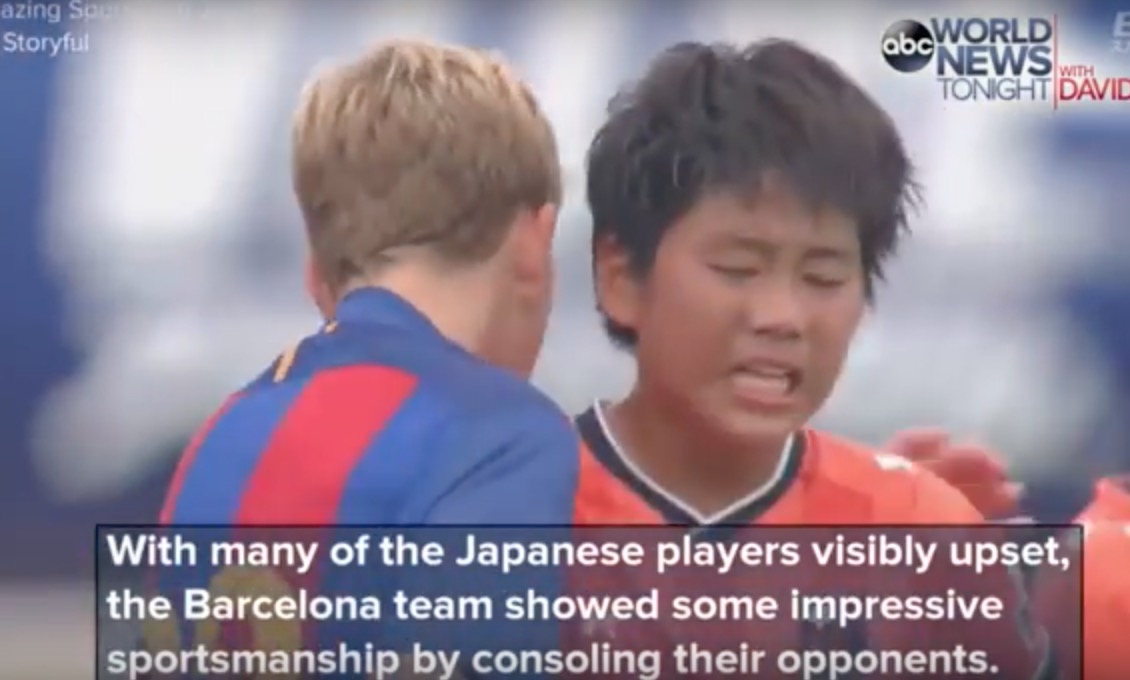
It was 1977. I was at friend’s Superbowl party with my husband. The dips and chips were out. The booze was flowing, the BBQ warming up. People were wearing their t-shirts and colors.
We were in Arizona so our team wasn’t playing—we didn’t even have a team—but it was the first time the (practically unheard of) Denver Broncos were playing against the Dallas Cowboys and, seconds after kickoff. everyone settled down to watch the game.
I looked at the television, at the uniforms and padding on the men designed to keep them from wounding or killing each other while chasing after a ball, the minuscule uniforms on the cheerleaders designed to raise even further the blood lust that was already going on in the field. I noticed that the people around me were tipsy, drunk and nervous over either which team would win the game or over which person would win the betting pool that one of them had drawn up.
It all suddenly seemed to me to be so…ridiculous.
I had just attended A Movement for a Better World retreat, so spiritual fulfillment had been on my mind for a week. It seemed natural to question why did we on the one hand seek peace and contentment while on the other hand glorify and popularize competition with each other that was so fierce as to be its antithesis.
I suddenly couldn’t deny the fact that “beating the other guy” was a national past time.
I walked away from the television into the kitchen and stood looking out the window at the patio and into the desert beyond. There I saw the Catalina Mountains looming over us with their message of patience, love and acceptance.
For an absurd moment, I wondered if they were laughing at just how silly we humans were.
I went back into the kitchen where I waited for the game to be over.
I haven’t watched or been interested in competitive team sports since.
In fact, I have become convinced of several other realities when it comes to competition:
- It doesn’t enable us to accomplish what we want, if what we want is peace and harmony.
- It adds to the grind of trying to gain by outdoing somebody else.
- It makes us aggressive—unable to relax in our own mind.
- We become susceptible to anger, which destroys any virtue that we’ve gathered.
- Trying to manipulate the environment by promoting ourselves and hoping for others to fail is unpleasant and delusional.
- We are only as good as we are, and forcing another person down doesn’t make us any better.
I understand that competitive team sports can sometimes show us our best selves, how we are capable of performing together with others in ways that brings about focus, cooperation and accomplishment and that it can raise us to a level of interaction as a team that takes us beyond ourselves as individuals. I also understand that, while it is rare, the ideal of playing not just to win but of playing to build character does exist and does happen.
I recently saw a video in which a team of 12-year-old boys came as close to it as I have seen.
Without offering a spoiler, the video speaks for itself of teaching empathy with the other team, compassion for the “losers” and understanding that “competition is unstable. Even when we win, we have not really won. We always have to prove ourselves again. If we want to make progress on a spiritual path, we cannot base our worth on succeeding or failing at one event.”
Congratulations to the coaches or to the parents or even to the Catalina Mountains for using team sports as a means by which to teach these remarkable boys that there is something greater—and more permanent—than merely winning and losing.
Congratulations for teaching them about true compassion.
Author: Carmelene Siani
Images: screenshots from Youtube video
Editor: Renée Picard










Read 0 comments and reply